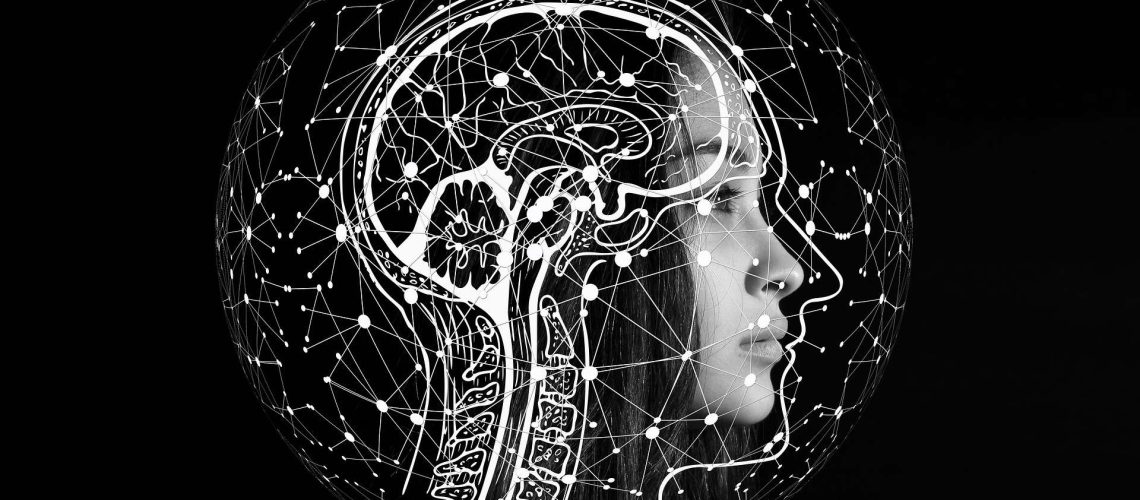The hype and expectations around artificial intelligence (AI) are very high right now. We talk to our computers; drones deliver our food; our cars are already driving themselves. And what will happen next? Today, every HR solution provider is building an AI team, and we all want our systems to be more intelligent and more functional. I believe this market is still very young. Therefore, I want to point out in this article a few things to consider.
The role of AI in HR and management
Let’s start by saying that AI is not a magical computer person; it is a wide range of algorithms and machine learning tools that can quickly combine data, identify patterns, and optimize and predict trends. Systems can understand speech, identify photographs, and use pattern matching to recognize signals that speak of mood, honesty, and even personality traits. These algorithms don’t use intuition as humans do, but they are fast, so they can analyze millions of bits of information in seconds and quickly identify pattern correlations.
Statistically, AI systems can predict and learn by plotting possible outcomes and then optimizing decisions based on many criteria. So you can imagine an artificial intelligence system that looks at demographics, job history, and interviews with candidates and then predicts how well they will do their job. (HiredScore, Pymetrics, HireVue, IBM, and others are working on this.)
What kind of applications should we expect?
Let me list just a few of the areas in which we could see genuinely breakthrough results.
1. In recruiting, we make a lot of “I feel” decisions. One study found that most recruiters make decisions about a candidate within the first 60 seconds of meeting them, often based on the look, handshake, dress, or speech. Do we know what characteristics, experience, education, and personality traits guarantee success in a given role? No, we don’t know that. Managers and HR professionals use millions of dollars worth of estimates, tests, simulations, and games to hire people, but many say they are still wrong about 30-40% of their candidates.
AI-powered algorithms can cull resumes, find good internal candidates, high-performing employee profiles, and even decode video interviews and give us insights into those who are likely to do well. Several of our clients are now using AI-powered assessment from Pymetrics to select candidates for roles in marketing and sales, and the selection success rate has increased by more than 30% while eliminating the interview bias and educational bias inherent in this process. The role of AI in recruiting will be huge.
While we are all mainly interested in job skills (software skills, sales skills, math skills, etc.), most research shows that hard skills are a small part of a person’s success. In our most recent study on Highly Effective Talent Acquisition, we found that companies in Tier 4 with the highest financial return on hiring allocate nearly 40% of hiring criteria for emotional and psychological traits such as ambition, learning, passion, a sense of purpose. Will AI detect this too? Yes, it is possible.
2. Development and training of employees. We do not yet know perfectly how to “train” people. The global L&D industry is over $ 200 billion, and most educators tell us that at least half of it is lost (misused or wasted developer time). But we don’t know which half!
Do you know what you need to learn to be better at your job? We all have ideas about this, but what if we had algorithms that monitored and learned the skills, behaviors, and actions of the highest performing performers in our teams and then just told us how to be more like them? These “Netflix-like” algorithms are now entering the world of learning platforms and make learning rewarding and as fun as watching cable TV. I repeat, the market is young, but the prospects are huge. Our research shows that the average worker has less than 25 minutes a week for training; if we can make better use of this time, everyone will work better.
3. In management and leadership, we read books, go to workshops, enroll in altMBA programs, copy bosses we admire, and celebrate the successful leaders of the day. Do we know the science of leadership? I would suggest that fleeting themes reign here. This year we are focused on purpose, mission, and support. It was only five years ago that it was “ministry leadership,” even earlier, it was “skill and financial acumen.” Most research shows that dozens of managerial and leadership qualities determine success, and each of us brings a slightly different and unique mix of them.
Will Artificial Intelligence be the hallmark of HR solutions?
The hype around AI is at an all-time high right now. Every software vendor wants you to trust that they have a machine learning team and best-in-class AI solution. These capabilities are critical to the entire industry but don’t believe the hype.
The success of each HR tool will depend on many factors: the accuracy and completeness of its algorithms, the ease of use of its systems, and more importantly, its ability to provide so-called “bottleneck AI” or concrete solutions that solve your problems. It can only be done when the vendor has a massive amount of data (to train his system) and receives a lot of feedback on how well the system performs. Therefore business strategy and customer proximity will be barriers to entry, not just great engineers.
Also, don’t buy a black box system if you can’t prove its usefulness to your company or your market expansion strategy. The decisions of the management and people of each company are often culture-based, so we will need to take the time to try these systems in the real world and tune them for the best use. For example, IBM has spent years optimizing its AI compensation and career solutions for its company, culture, and business model. Now they sell these tools to corporate clients and find that each successive implementation opens up new things to improve for that industry, culture, or organizational need.
Conclusion
Despite these challenges and risks, the growth potential is enormous. Companies spend 40-60% of their income on payroll, and most of this colossal expense depends on management decisions that we make intuitively. As AI systems in human resources become more intelligent, more proven, and more problem-specific, we will see significant improvements in employee productivity, efficiency, and well-being. We have to be patient, vigilant, and keep investing in AI.
Martha Payne is a Personal Growth Coach with 10 years of experience working as a business development professional. She is truly passionate about nurturing talent and ideas that evoke transformative change in individuals, teams, and organizations. Her focus is to help organizations develop leaders for the future – unleashing the full talent, passion, and potential of individuals (in particular Millennials) through tailored leadership development and coaching programs.
Did this article help you? If you’d like to surround yourself with global HR Thought Leaders and Experts whose articles will advise you on the best way forward, subscribe to HR Future digital magazine.













